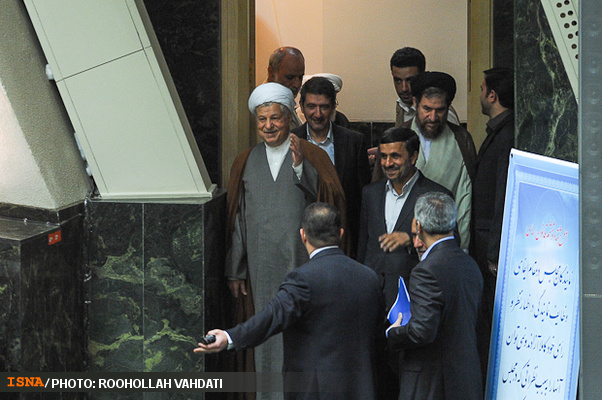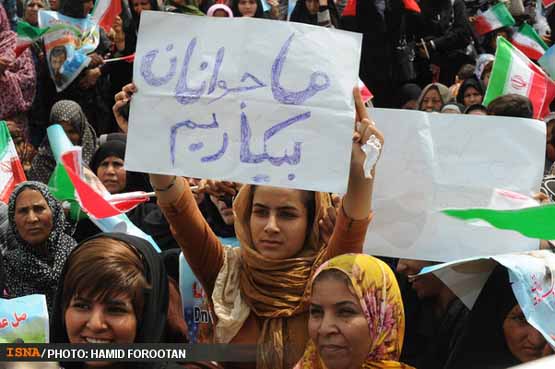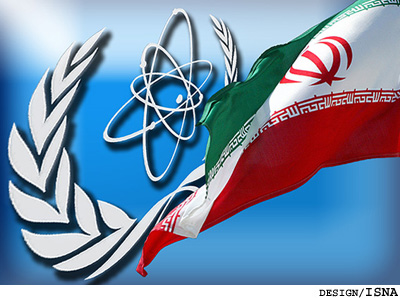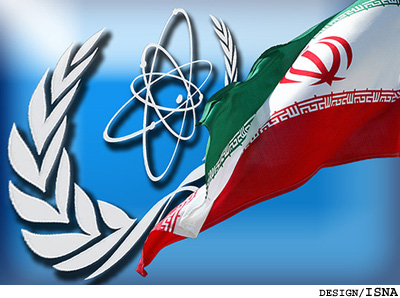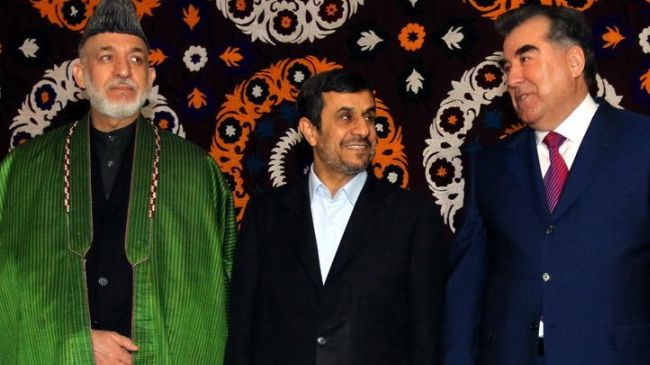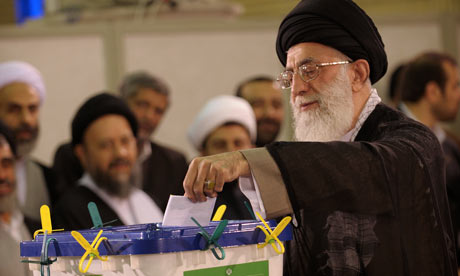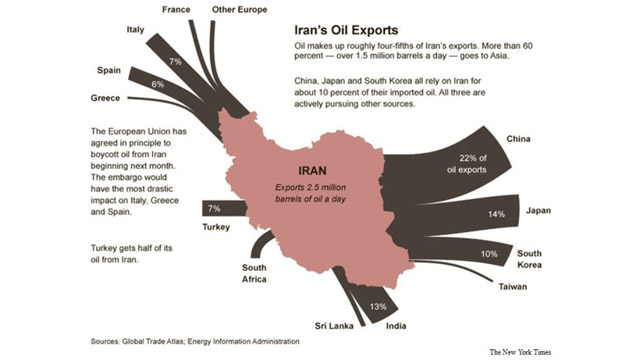The Latest from Iran (27 June): How to Un-Do Diplomacy --- "Jews Control the Illegal Drug Trade"
See also The Latest from Iran (26 June): The Oil Squeeze
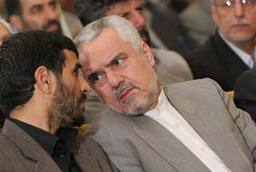 1st Vice President Mohammad Reza Rahimi1515 GMT: Supreme Leader. Is this confidence or concern in Ayatollah Khamenei's remarks today to judiciary officials?
1st Vice President Mohammad Reza Rahimi1515 GMT: Supreme Leader. Is this confidence or concern in Ayatollah Khamenei's remarks today to judiciary officials?
1. CONFIDENCE OR CONCERN OVER SANCTIONS?
“The main aim of the sanctions imposed by arrogant powers is the Iranian people so that the pressure will cause people to become frustrated and separate from the Islamic establishment. However, by God’s grace, they will fail in this conspiracy as they still do not know our people and officials."
2. CONFIDENCE OR CONCERN OVER PEOPLE'S SUPPORT FOR REGIME?
“These bullying powers which lyingly call themselves the international community are trying to deprive the Islamic Republic of Iran of its popular support base."
3. CONFIDENCE OR CONCERN OVER REGIME UNITY?
“Under these conditions, cooperation among all organs and the three branches [of the government] is necessary, an obligation, and incumbent."

 Wednesday, June 27, 2012 at 13:01
Wednesday, June 27, 2012 at 13:01